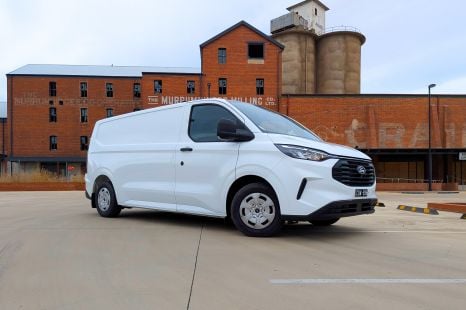

William Stopford
4 Days Ago
Israeli battery startup StoreDot believes carmakers should be considering semi-solid-state batteries in the medium term.

Contributor
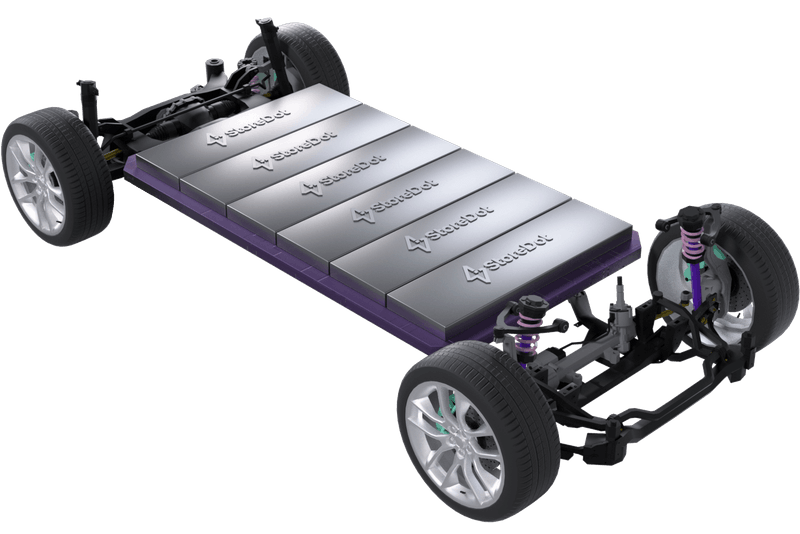

Contributor
Israeli battery startup StoreDot says electric vehicles (EVs) powered by mass-produced, solid-state batteries are still at least a decade away.
Solid-state batteries are still on the cutting edge of battery technology and theoretically promise greater range, less mass, and faster charging than the popular lithium-ion or lithium iron phosphate chemistries.
They use solid electrolytes instead of the liquid or polymer gel electrolytes found in current chemistries, including lithium-ion and lithium polymer.
“It’s crucial that leading battery developers like StoreDot give global automotive manufacturers a realistic and hype-free roadmap for the introduction of extreme fast-charging battery technologies,” said StoreDot CEO Dr Doron Myersdorf.
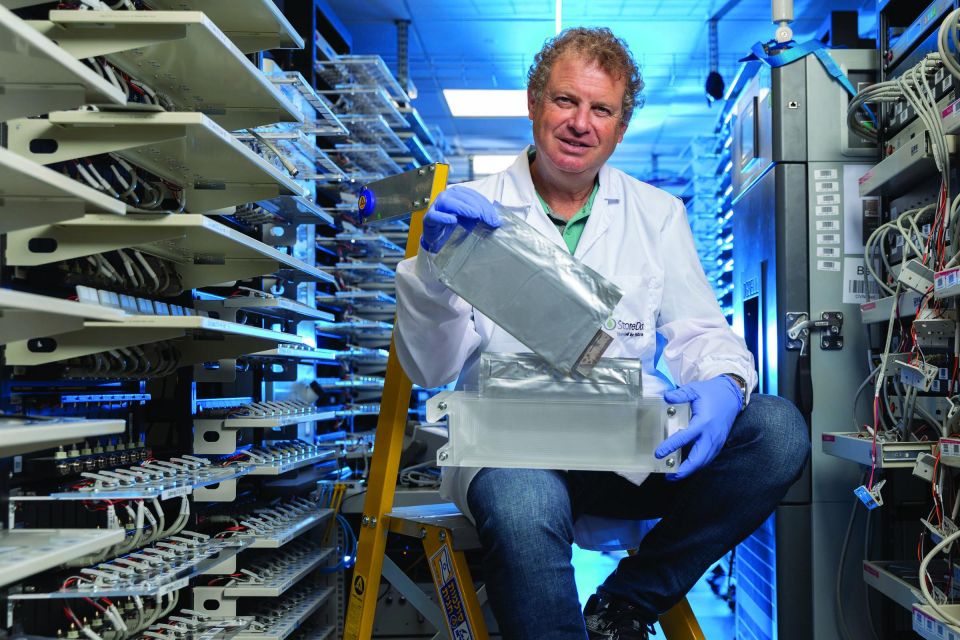
“Right now, despite some of the bullish claims by our rivals, all-solid-state batteries are still at least 10 years away. They are certainly no silver bullet for any vehicle maker currently developing fast charging electric vehicle architectures.”
StoreDot said manufacturers should be considering interim technologies in the medium term, such as semi-solid-state batteries.
“We believe a more practical step is the introduction of semi-solid-state batteries which we are targeting for mass production by 2028,” added Dr Myersdorf.
“These will be advanced, safe, high performing cells that can achieve 100 miles of charge in just three minutes. They have the additional benefit of requiring a simpler and less challenging manufacturing process than all-solid-state technologies.”
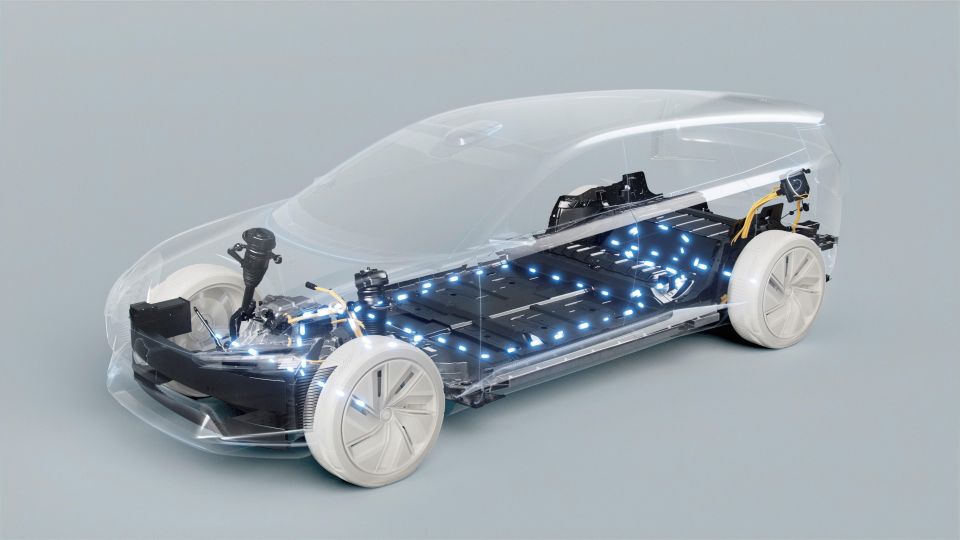
StoreDot, which has existing partnerships with Volvo and Polestar, currently has a plan to introduce its ‘100in5’ silicon-dominant lithium-ion battery chemistry in 2024.
The company recently conducted a test on these battery cells were capable of over 1000 charge cycles before the capacity dropped below 80 per cent of its original threshold.
The cells also claimed to provide the promised ‘100in5’ performance, which means that drivers can add 100 miles (161km) of range in five minutes of charging.
Beyond this, StoreDot is still developing its extreme fast-charging in both cylindrical and prismatic form factors.

The company is aiming to release its ‘100in3’ semi-solid-state battery in 2028, and its ‘100in2’ all-solid-state battery in 2032.
StoreDot isn’t the only company gearing up to produce solid-state batteries, with other suppliers and automakers getting in on the action as well.
Solid Power recently announced it completed the installation of its pilot production line for solid-state battery cells.
Solid Power currently has partnerships with BMW and Ford and is planning to deliver its solid-state battery cells to the companies for “qualification testing” by the end of 2022.
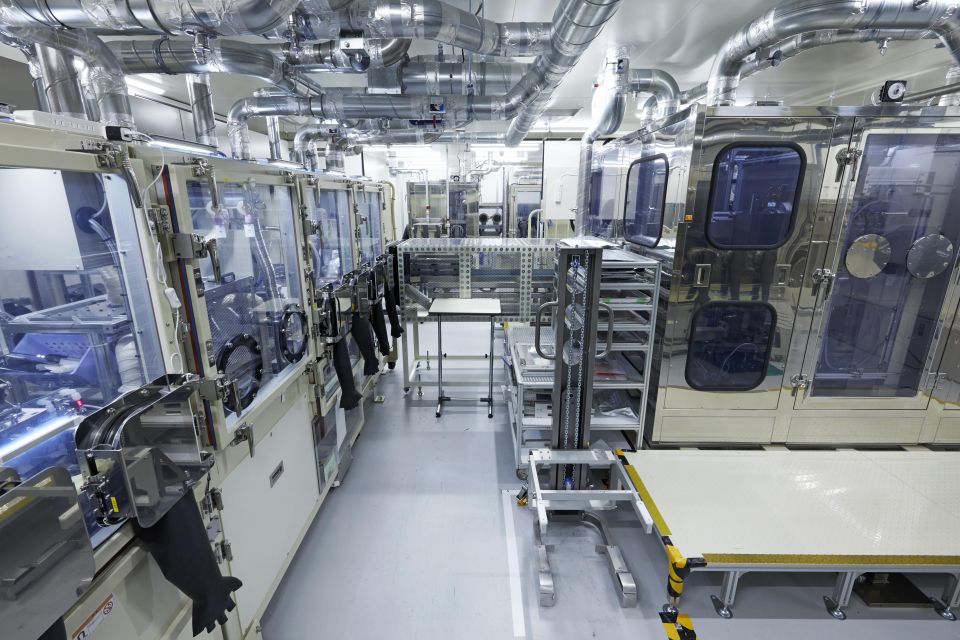
Nissan recently unveiled its prototype solid-state battery production facility at its Research Centre in Kanagawa Prefecture, Japan.
The Japanese carmaker is leading solid-state battery development for its alliance partners – Renault and Mitsubishi – and plans to launch an EV with its proprietary all-solid-state batteries in fiscal year 2028.
Toyota also said it has been testing solid-state batteries since 2020 and plans to first introduce them in its hybrid vehicles, before rolling them out in upcoming EVs.
It says a short service life is the primary concern with solid-state batteries, and is therefore continuing its development of solid electrolyte materials. Colder-temperature performance is also an issue.
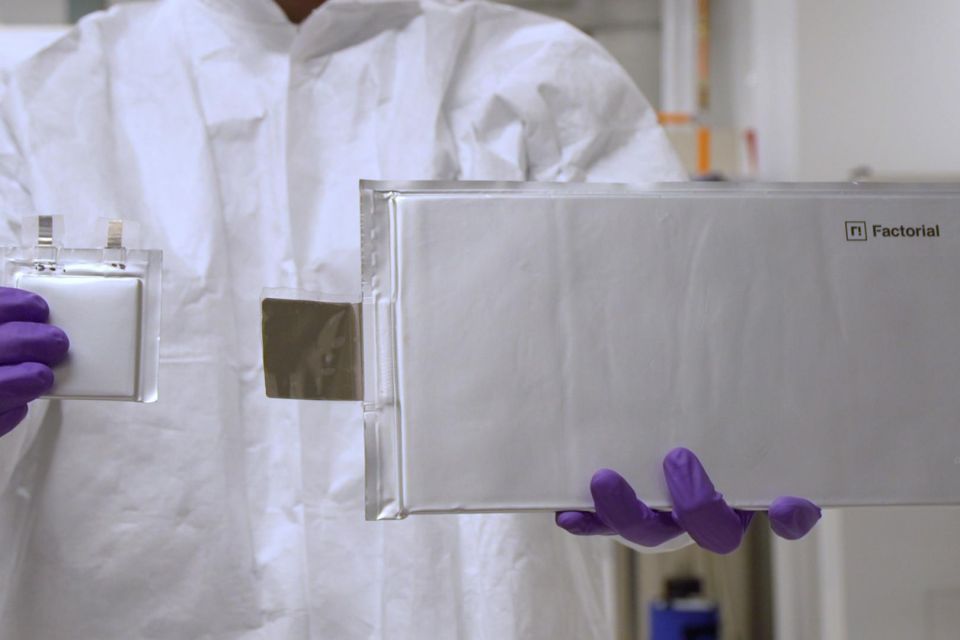
Stellantis and Mercedes-Benz announced in late 2021 they’ve jumped on the solid-state battery train and signed joint agreements with US-based Factorial Energy to develop solid-state batteries for the EVs.
The companies aim to introduce their “first competitive solid-state battery technology” in 2026.
Hyundai and Kia have also partnered with Factorial Energy to test its solid-state batteries in their EVs.
In December 2020, Volkswagen-backed company QuantumScape announce it’ll have its solid-state batteries ready for production in 2024, while GM’s battery development centre in Warren, Michigan will develop solid-state batteries among other battery types, including silicon.
MORE: Solid-state batteries: What are they? MORE: StoreDot batteries achieve over 1000 ‘extreme fast-charging’ cycles
Jack Quick is an automotive journalist based in Melbourne. Jack studied journalism and photography at Deakin University in Burwood, and previously represented the university in dance nationally. In his spare time, he loves to pump Charli XCX and play a bit of Grand Theft Auto. He’s also the proud owner of a blue, manual 2020 Suzuki Jimny.


William Stopford
4 Days Ago
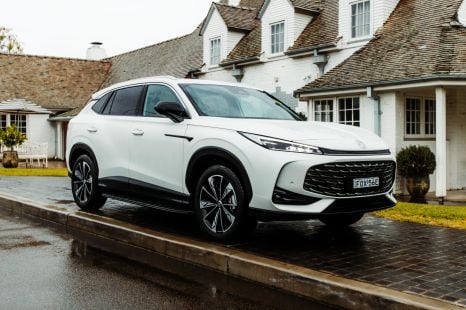

James Wong
2 Days Ago
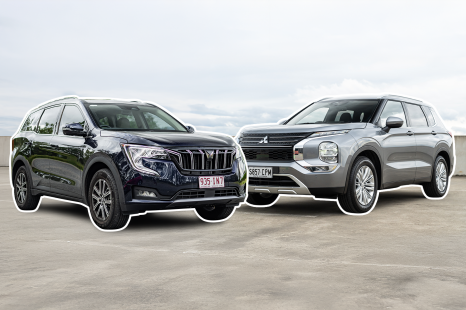

Andrew Maclean
2 Days Ago


Max Davies
1 Day Ago
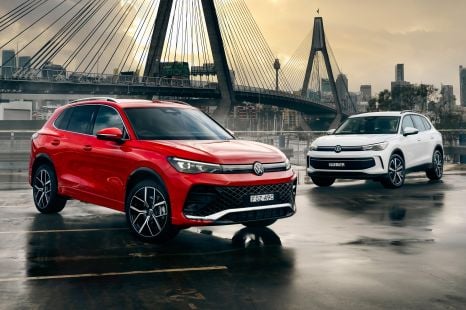

Max Davies
1 Day Ago
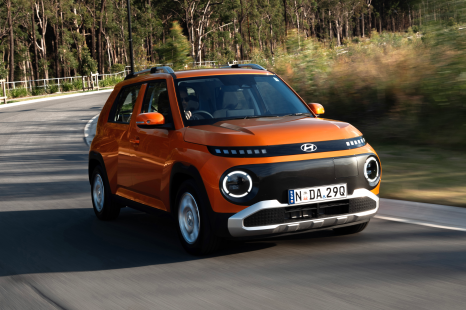

Josh Nevett
20 Hours Ago